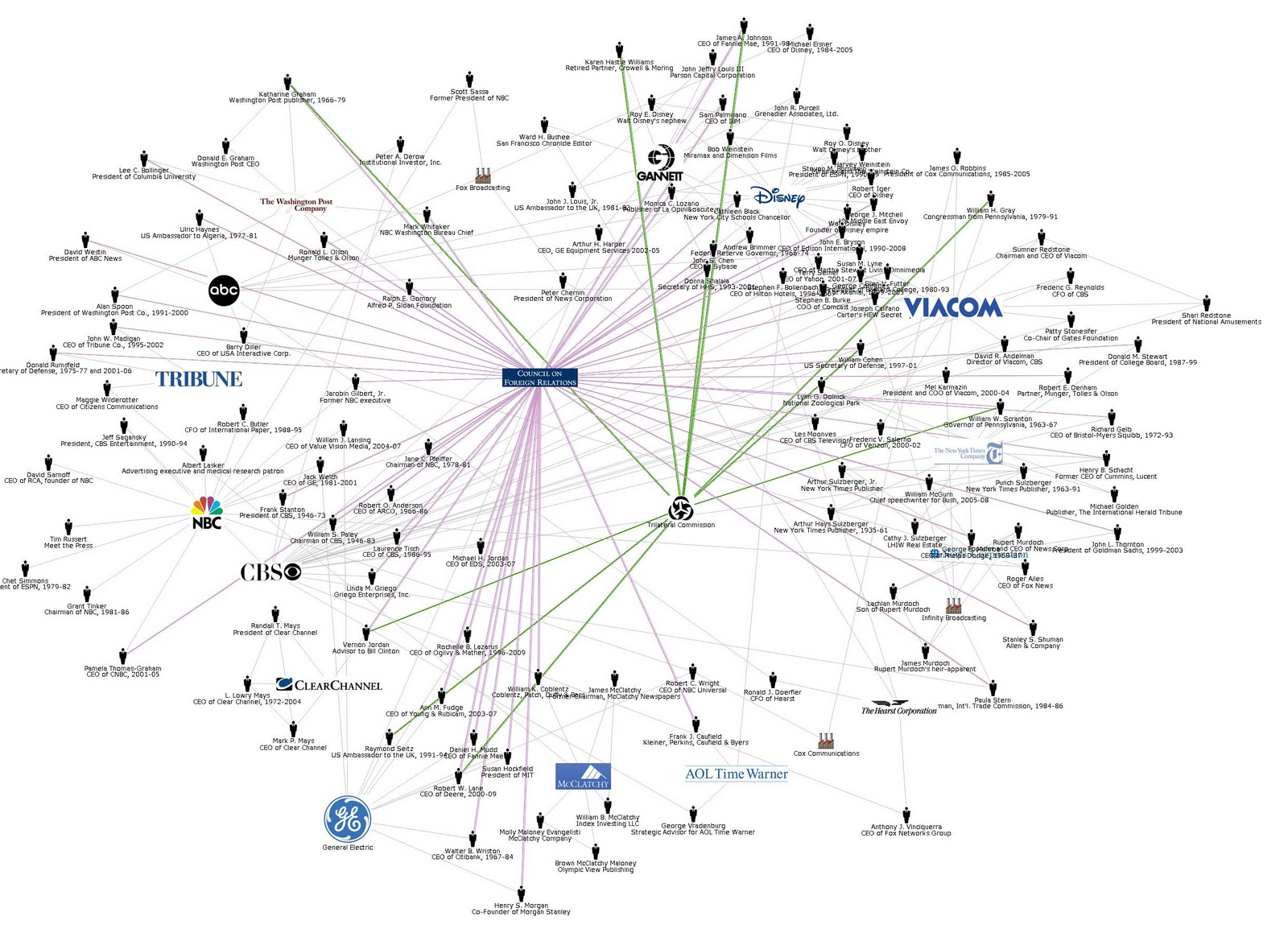The pairing of the nation's two biggest cable companies spurred a cascade of sarcastic tweets and satirical memes in which people likened the new entity to the killer Death Star battle station from "Star Wars" and the evil Eye of Sauron from "The Lord of the Rings." Some people recalled a "South Park" snippet in which character Eric Cartman and friends are tormented by cable employees before a logo curiously similar to Time Warner Cable's own.
The jokes reflect a more serious sentiment among consumers. J.D. Power said in September that in multiple surveys about pay TV service that it conducted over the previous year, Comcast and Time Warner Cable ranked below the industry average in every region of the country. Time Warner Cable ranked dead last among providers in every region but the West. The telecommunications industry as a whole places 9th out of 10, above only utilities.
The acquisition means Comcast will serve more than 30 million TV and Internet subscribers. The company said the deal will allow it to boost Internet speeds and reliability, spread its latest Internet-connected set-top boxes over more homes and help save it money on TV programming costs. Comcast CEO Brian Roberts said the combination will be "pro-consumer and pro-competitive." Comcast's expected argument before antitrust regulators: Comcast and Time Warner Cable don't directly compete with each other in any region. Therefore, the deal won't reduce competition and should be approved.
But it is that lack of overlap, and absence of choice, which is at the root of customer frustration, according America Customer Satisfaction Index managing director David VanAmburg. Cable companies that purposely don't compete against each other to provide fast Internet or reliable TV service can get away with not fully meeting customer needs in markets where they dominate. "It's almost subconsciously built into their business model that they don't have to worry so much you're going to leave for a competitor," said VanAmburg. "It's definitely a big factor."
MORE

